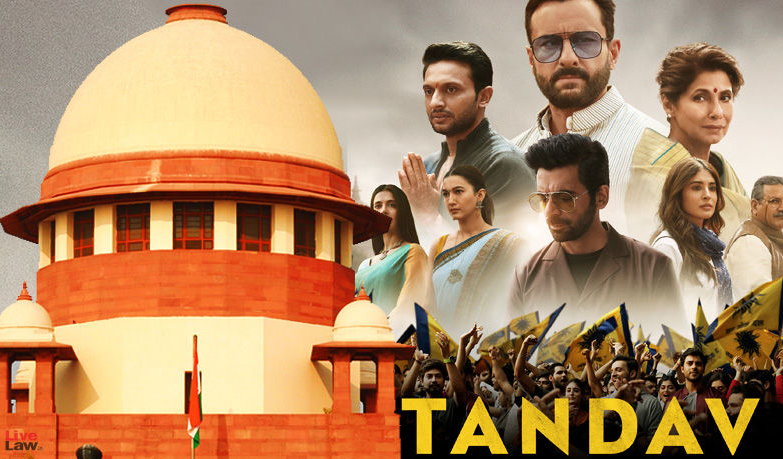On ‘Tandav’ and Munawar Faruqui, the court, so readily agreeing with the prosecution, shrinks space for free speech.
The Supreme Court’s remarks while denying interim protection from arrest to the maker and actor of the web series Tandav and, a day later, the Madhya Pradesh High Court’s rejection of bail to comedian Munawar Faruqui point to a disturbing abdication. In the frequent run-ins between religious belief and the freedom of speech and expression, the balance appears to be tipping away from constitutional freedom, and the courts are showing quiescence or complicity in this process. The makers of Tandav face an array of FIRs in various states, despite having deleted scenes which allegedly offended the religious sentiments of some viewers. Faruqui and five other accused have been in jail for close to a month, having been arrested on charges of “insulting” Hindu gods. In both cases, it appears the artistes have been arraigned for the exercise of their creative freedoms — though, in Faruqui’s case, the Indore police are on record stating they have no video evidence of him even making the jokes. In both cases, the individuals have not found relief from the courts.
These observations make a break from past judgments in which the highest court has upheld that the arts represent a realm of thought that must be protected from overzealous cultural police (on the film Padmaavat, and the Malayalam novel Meesha). To the argument from the counsel for an actor in Tandav that he cannot be held responsible for the lines of the character he plays, the SC bench pointed out that he had read the script, and said: “you cannot hurt religious sentiments of others”. The SC response is a let-down also given that, in the past, it has laid out that even under Section 295 A of IPC, an “insult” cannot be held as an offence without proving that it was deliberately malicious, an aggravated form of insult to a religion, and a risk to public order. The remarks of the court risk making the artist community even more vulnerable, especially when the apparent democratization of the right to be offended is producing a growing army of vigilantes eager to settle all debates over artistic expression with the blunt force of criminal law.
Last year, the SC, while granting bail to television anchor Arnab Goswami, had argued that the courts remain “the first line of defense against the deprivation of liberty of citizens”, that “bail, not jail” was fundamental to the legal system, and that “deprivation of liberty even for a single day is one day too many”. In both the Tandav and Munawar Faruqui cases, the court seems to be stepping back from this constitutional promise. In times when the political class shows a marked reluctance to come to the defense of individual liberties, and when spaces for minority rights and freedoms seem especially imperiled, the role of the judiciary as the custodian and defender of the Constitution is even more important and urgent. But be it its clampdown on criticism of itself, or reluctance to intercede on behalf of journalists and activists charged under draconian laws or teenagers jailed for slogans, the court, in so readily agreeing with the prosecution, doesn’t do justice to itself.




